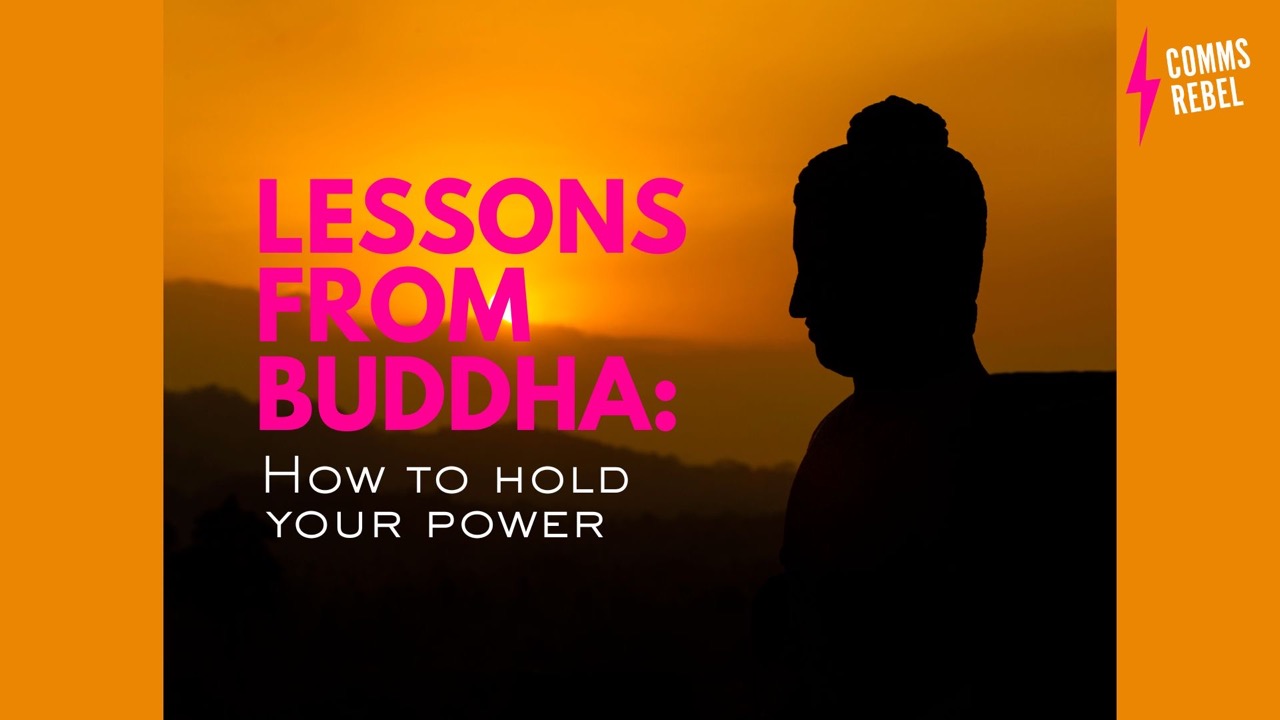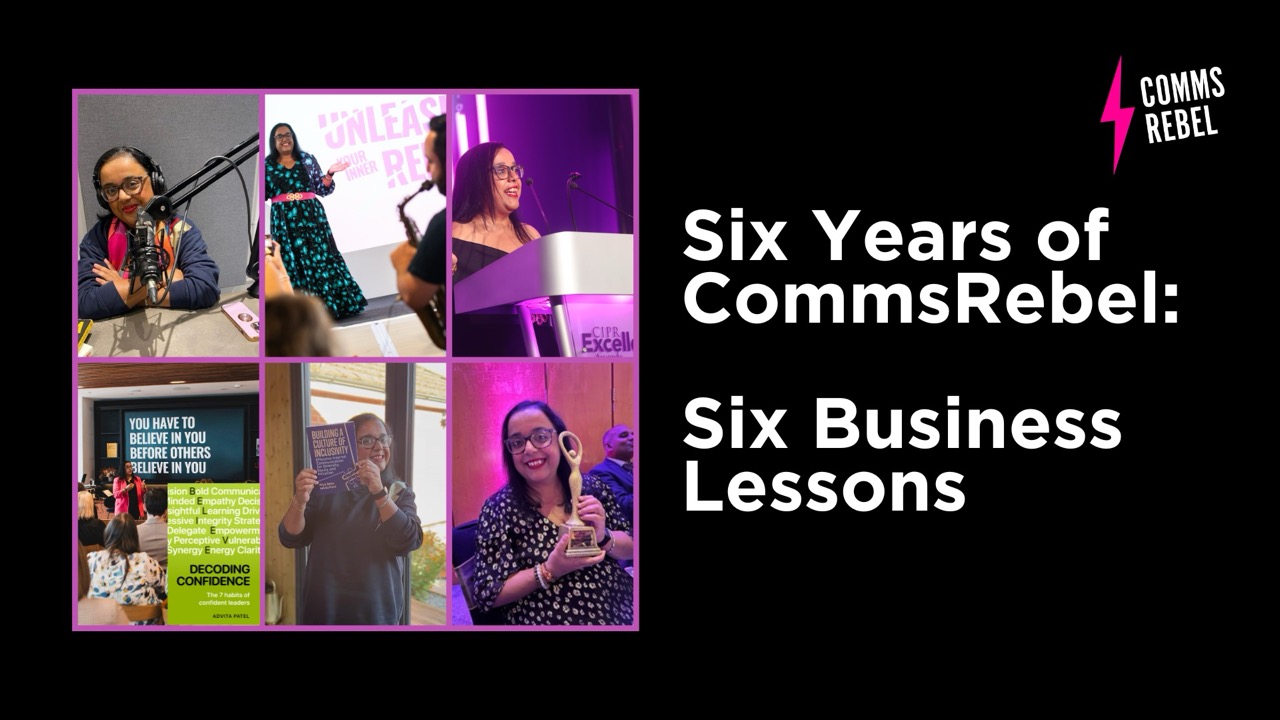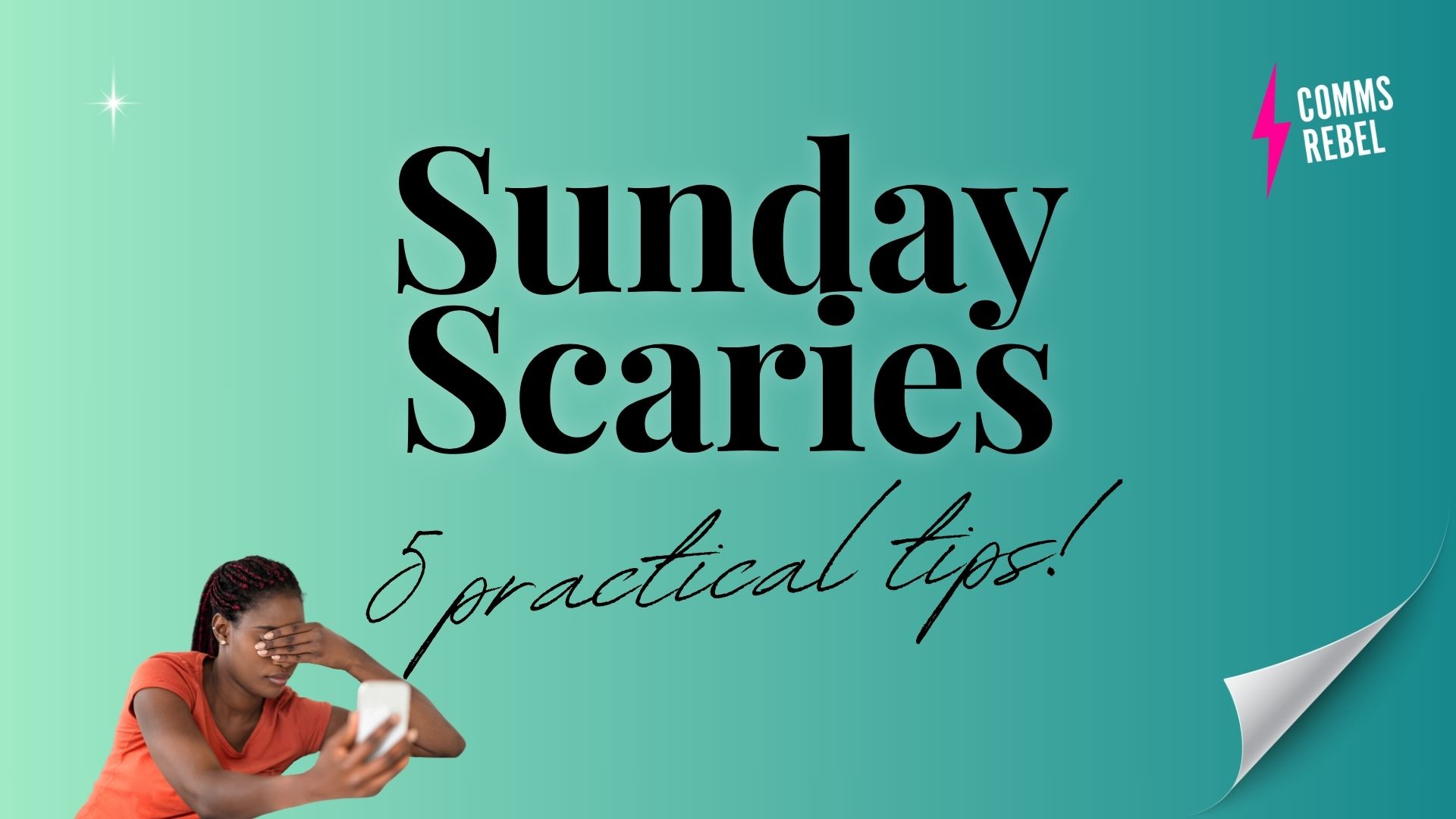A few weeks ago, one of my coaching clients asked a question that’s stuck with me:
“How do I manage someone who regularly makes me feel small?”
It’s a familiar feeling. Most of us, at some point, have worked with someone whose words hit hard, whose tone cuts deep, or whose presence quietly chips away at our confidence.
When those moments happen, I often come back to a story about Buddha. A story about power, presence, and knowing what not to accept.
The gift you don’t have to take
In the story, a man hurled insults at Buddha, shouting in anger. Buddha didn’t react. He didn’t absorb it. He didn’t rise to meet the fury.
Later, someone asked him why he didn’t respond.
He replied:
“If someone offers you a gift and you choose not to accept it, who does it belong to?”
“To the one who offered it,” the man said.
“Exactly. So if I don’t accept your anger, it remains yours.”
It’s such a simple but powerful truth: not everything thrown your way needs to be caught.
Emotional regulation isn’t weakness. It’s strategy.
But, and this part is important, not all anger or tension is misplaced. Sometimes, things cross a line. Sometimes the environment becomes unsafe or toxic. Sometimes, silence isn’t strategy. It’s suppression.
So how do you find the balance between protecting your peace and protecting yourself?
Here are five lessons inspired by that story and the conversations I’ve had with clients working through difficult dynamics at work.
1. Pause before you respond
When someone says something that makes your chest tighten or your jaw clench, the instinct is to snap back or shut down.
Instead, pause. Breathe. Ask yourself:
- Is this really about me?
- Or is it about what they’re carrying?
Often, people project their own stress, insecurity or ego onto others. Their sharpness is not a reflection of your worth, it’s a mirror of their internal mess.
That doesn’t mean you ignore it. It means you choose how to respond rather than react. That small pause can help you stay grounded and make space for intention over emotion.
2. Document the patterns
If something happens once, it might be a bad day.
If it keeps happening, subtle digs, being talked over, being dismissed or undermined, that’s a pattern. And patterns are worth tracking.
Keep a dated note of incidents. What was said or done. How it made you feel. Who was there.
You’re not being dramatic. You’re being prepared.
Documentation is useful if you ever need to raise concerns, but it’s also helpful for validating your own experience. You don’t have to keep gaslighting yourself that it’s “probably nothing.”
3. Name the behaviour, not the person
If and when you decide to address it, focus on the what, not the who.
Say:
🗣 “I noticed I was interrupted three times in that meeting.”
Not:
❌ “You’re always so rude.”
When you stick to facts, you reduce defensiveness and increase the chances of being heard.
This isn’t about confrontation. It’s about being clear, assertive and calm. You’re not attacking, you’re setting the record straight.
4. Set your boundaries and don’t apologise for them
Boundaries don’t make you rude; they make you safe. They show others how to treat you and help you stay aligned with your values.
Try:
- “I’m happy to hear your feedback, but not when it’s personal.”
- “I’m available to talk, but not when the tone is disrespectful.”
The earlier you set a boundary, the easier it is to uphold. And you don’t have to justify or explain it in detail. A clear, respectful boundary is enough.
5. If it’s unsafe, get support
There’s a difference between a tricky dynamic and a toxic environment.
If you feel anxious before meetings, dread interactions with a colleague, or start doubting your own self-worth, that’s not just tension; it’s harm. Don’t try to power through alone.
Speak to someone you trust. A manager, HR, a coach, or a mentor. Escalate if you need to. Seeking support is a sign of strength, not failure.
You deserve to feel safe at work.
You don’t have to accept what doesn’t belong to you
Buddha didn’t accept the anger that was offered to him, and you don’t have to either.
But when the moment does call for action, be ready. Use your voice, not to match someone else’s volume, but to stay grounded in your own values.
Reclaiming your power doesn’t mean proving it. It means remembering you already have it.
Stand strong, speak clearly, and stay kind
Holding your power doesn’t mean becoming hard. It means setting boundaries with grace. It means knowing what’s yours and letting go of what isn’t.
So the next time someone tries to make you feel small, remember the story of the gift. You can decline the invitation to absorb their anger. And when the moment’s right, you can respond on your terms, with calm, clarity, and confidence.
If this resonates and you’d like to explore these lessons more deeply, I offer one-to-one coaching support. Or you can grab my free 30-Day Confidence Habit Tracker to start reclaiming your space, one small step at a time.
Here’s the direct link to the tracker – or let’s have a free 20-minute coaching discovery call.


